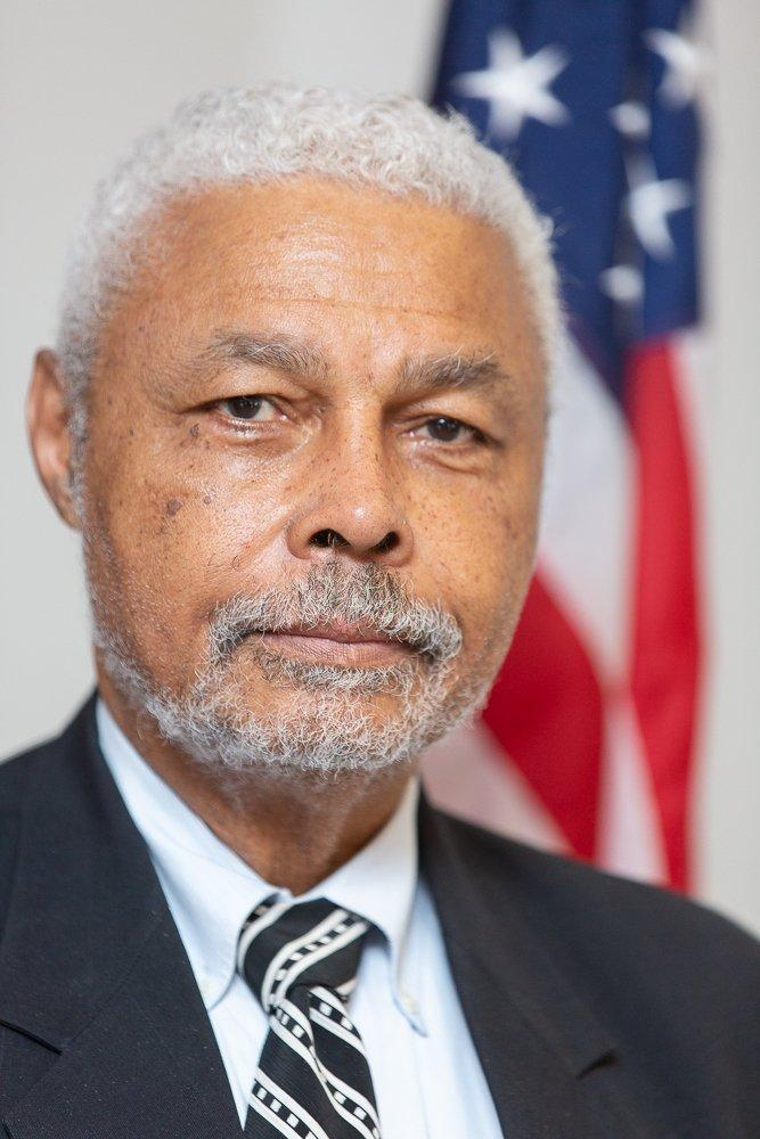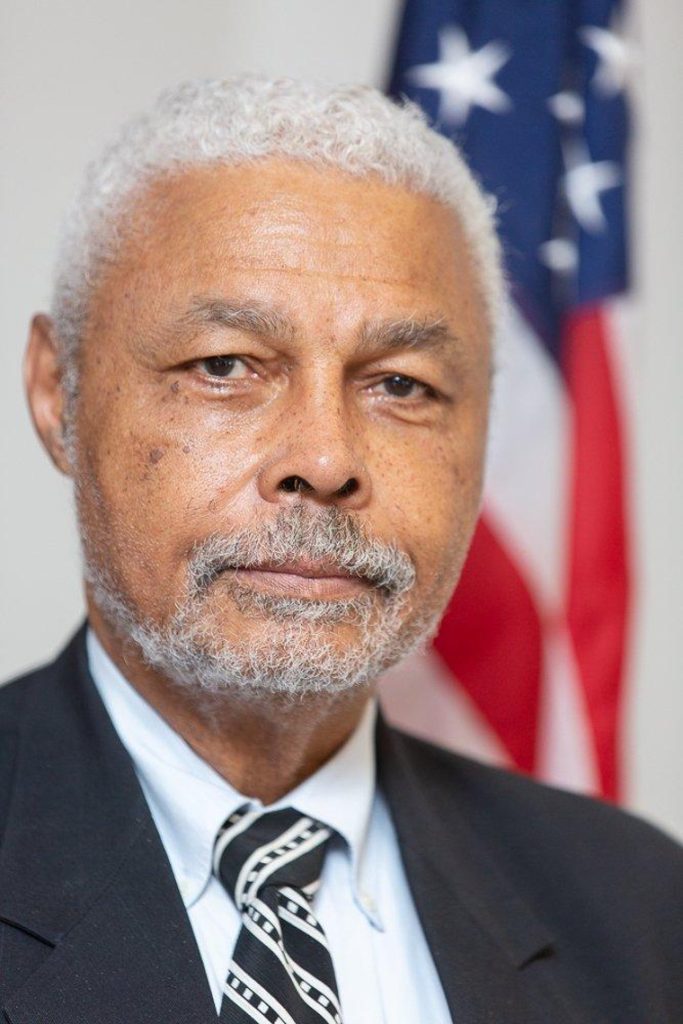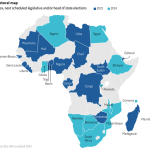 The United States is interested in Zimbabwe because it is of strategic importance to Washington as it has the potential to become the growth hub for Southern Africa.
The United States is interested in Zimbabwe because it is of strategic importance to Washington as it has the potential to become the growth hub for Southern Africa.
This is said in an article by former United States to Zimbabwe, Charles Ray, who is now a member of the Board of Trustees and Chair of the Africa Programme at the Foreign Policy Research Institute.
He co-authored the article with Michael Walsh, a senior fellow at the same institute.
Ray was US ambassador to Zimbabwe from 2009 to 2012 when the country was under a government of national unity that ended the following year.
Below is the full write-up:
BOTTOM LINE
- The US Embassy in Harare has identified the potential for Zimbabwe to become a growth hub for Southern Africa.
- This is a curious conclusion to draw given the fact that Zimbabwe currently ranks near the bottom of the DHL Global Connectedness Index.
- The State Department’s Integrated Country Strategy for Zimbabwe neither conceptualizes what it means to be a growth hub for Southern Africa nor explains whether it would be in the US national security and foreign policy interests for Zimbabwe to become one.
- It is unclear what conditions and interventions would be required to transform Zimbabwe into a growth hub.
- The US Embassy Harare should pursue the transformation of Zimbabwe into a growth hub for Southern Africa as a mission security interest.
- Congress should play an active role in the planning process to ensure congressional support and resources to achieve this objective.
The Integrated Country Strategy for Zimbabwe (ICS Zimbabwe) declares that “Zimbabwe’s strategic importance to the United States is as a potential growth hub for southern Africa.” This is a remarkable conclusion to draw for a country that currently ranks near the very bottom of the DHL Global Connectedness Index—a major index that measures globalisation based on international trade, capital, information, and people flows.
This not only begs the question of under what conditions would Zimbabwe emerge as a growth hub for Southern Africa, but also whether it would be in the national interest of the US government to help Zimbabwe achieve that outcome.
The ICS Zimbabwe fails to shed light on those questions. The embassy should be encouraged to answer them. Below is a list of some possible starting points for bringing about that state of affairs.
Continued next page
(520 VIEWS)


